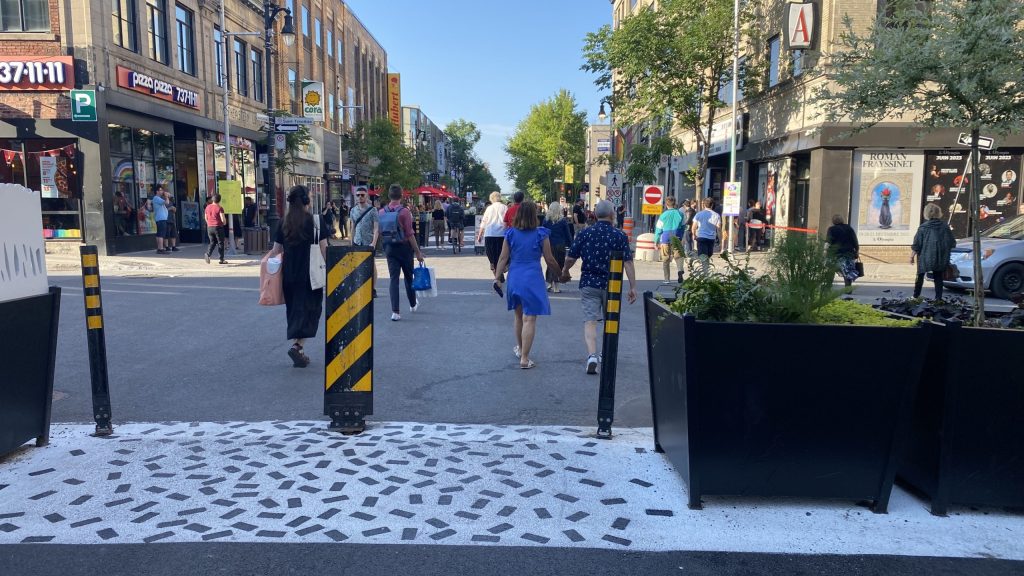Quebec’s overflowing emergency rooms: Q&A with epidemiologist
Posted December 20, 2023 1:42 pm.
Last Updated December 20, 2023 7:31 pm.
The situation in Quebec emergency rooms remains critical, with several hospital ERs at capacity. The province’s health minister is asking Quebecers who do not require urgent care not to visit ERs. An advocate for patients’ rights says the figures are at a 25-year high.
Epidemiologist and cardiologist Dr. Christopher Labos breaks down the situation.
Quebec has re-established their emergency crisis unit from now until March, which is a group of experts that work on best practices in the health network. Do you think that’s something that truly works?
“Well, it’s hard to say. It’s going to be interesting to see what plans and what solutions they come up with. To some degree, we know what’s causing the current surge of patients showing up to the emergency room. It’s the increase of COVID, flu, and RSV and all the other respiratory viruses out there that are putting more strain on the system that is lacking health-care personnel.
“So I don’t know that there’s much that can be done in the short term at least. In the long term, it’s going to be important to reinvest in the health-care system, but that’s not something that can be fixed in the next two to three months.”
What should people do when they’re feeling unwell since the government says to avoid ERs when it’s not urgent?
“Yeah, that’s a very complicated question because you want people to go to the emergency room when they are sick. And while clearly if you have a minor illness that can be solved in an outpatient setting, you’re probably going to be better served by going to a walk-in clinic, calling 811, making an appointment on Clic Santé to see a doctor that way, rather than going to the emergency room where the waits can be very excessive.
“But at the same time, you want to make sure that people actually do go to the emergency room when it’s appropriate and don’t get scared off. If you think you’re having a heart attack, a stroke, if you’re bleeding from somewhere, there really is no alternative to going to the emergency room. So you want to make sure that you don’t take things too far and make sure that people don’t refrain from going to the emergency room out of fear that they’re going to get suboptimal care.”
Over the past two weeks, a million Quebecers said they’ve had a respiratory infection and an estimated 40,000 to 50,000 new COVID cases per day. How can people protect themselves at this time?
“Well, if you haven’t gotten your COVID or flu vaccine yet, you should probably get it, especially if you haven’t had an infection in the past six months. If you’re an older senior over the age of 60, you could potentially get the RSV vaccine. It’s unfortunately not covered by the government, but you can pay for it privately and that will at least protect you against that virus.
“And honestly, I would just be careful at this time. If you’re going to be in a crowded indoor setting, I would wear a mask because that’s going to make it less likely that you will get sick. And if you are at home and having a holiday gathering of some kind, improving the ventilation, having good air flows, going to minimize the chance that people get sick. So it’s really about preventing infections in the first place and minimizing their severity in the long term with vaccination.”



